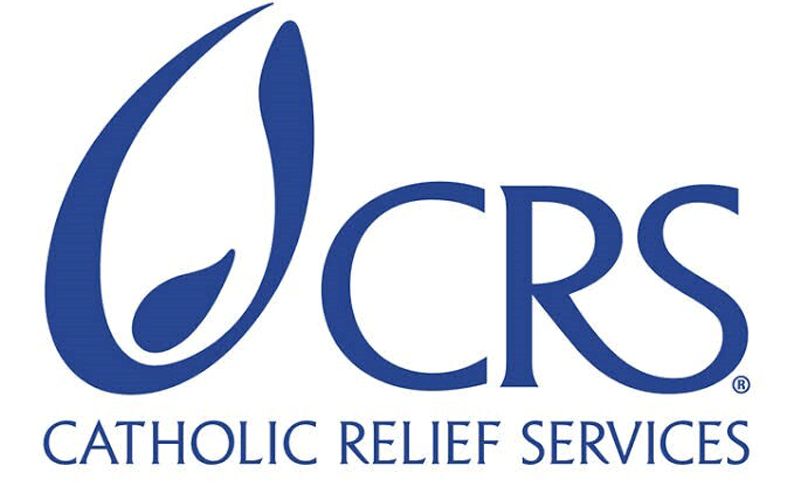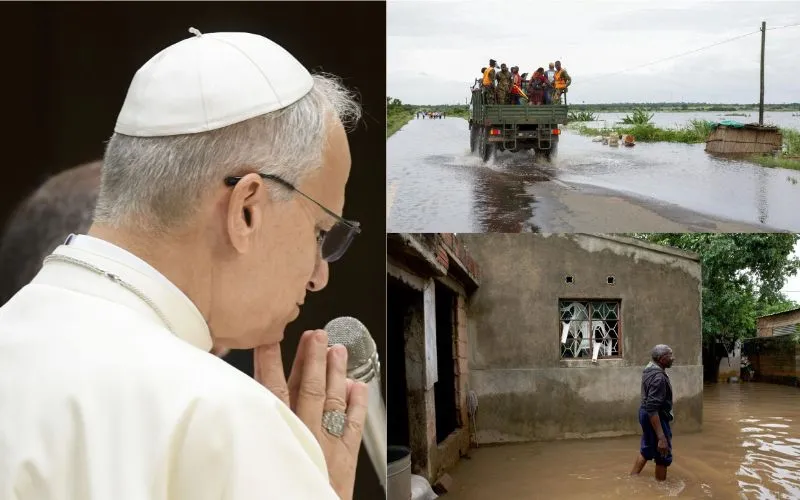Washington D.C., 11 January, 2020 / 2:35 am (ACI Africa).
An Africa-based official of the Catholic Relief Services (CRS), the international humanitarian agency of the Catholic Church in the U.S. with presence in over half of African countries has expressed confidence that the various humanitarian challenges facing Africa, the world’s second largest continent, among them, conflict and adverse effects of climate change such as drought and floods, can be overcome through unity.
“We believe a better, more just world is possible. And we can turn that belief into reality if we stand together and lift up our voices,” Catholic Relief Services’s (CRS) Global Marketing and Communications Manager, Michael Stulman told Crux.
“Working together, we can continue to be a beacon of light to the world’s most vulnerable people in their time of need,” the CRS official affirmed during the January 1 interview.
In 2020, CRS, the humanitarian arm of the United States Conference of Catholic Bishops (USCCB) is considering, through a collaborative approach, climate change as one of the issues that “require urgent intervention from the international community,” the Senegal-based official said.
“We’re alarmed by the continued impacts we’re seeing from climate change, which is already devastating communities from Africa to Asia,” Mr. Stulman said and added, “Droughts are becoming longer and more frequent; storms are becoming more destructive; and erratic weather patterns are wreaking havoc on farmers worldwide.”








